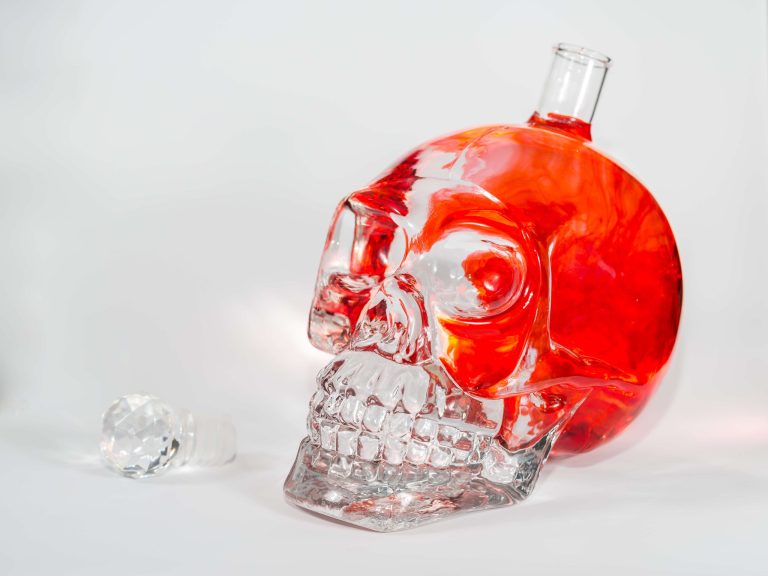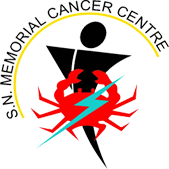However, you can get through cravings for drugs or alcohol using one of many strategies. Part of managing external triggers involves simply removing the source. This may mean leaving the grocery store or not saying hello to a friend from that period in your life. They often involve people with whom you engaged in alcohol and drug addiction or places where it occurred. Triggers that come from within you can be difficult to deal with because internal triggers can stem from a variety of sources that you can’t simply remove, like you can an external trigger. Read on to learn more about common triggers, where they come from, and healthy ways to deal with them.
- While holidays are a time of celebration for some, they may be a struggle for people in recovery.
- Such feelings can include celebratory feelings, passion, and excitement.
- Research shows that the use of drugs and alcohol can alter the brain.
However, relapse can be an opportunity to reset, develop clear needs and goals, and continue. Refocusing on recovery and further relapse prevention with a care team is crucial. At this stage, working toward avoiding triggers or situations for relapse is critical. Possible substitutes can be designated in advance, types of relapse triggers made readily available, listed in a relapse prevention plan, and swiftly summoned when the need arises. Some models of addiction highlight the causative role of early life trauma and emotional pain from it. Some people contend that addiction is actually a misguided attempt to address emotional pain.
Challenging Emotions
Addiction is a chronic brain disease with a relapse rate similar to that of other chronic conditions like diabetes. When people stop their treatment plans for chronic conditions, they are more likely to relapse. Using drugs or alcohol over the long term builds associations between a person’s daily routine and their experiences with intoxication. As a result, certain cues immediately flip the switch on the association and activate the craving reflex in response to external or internal triggers in recovery.

Other triggers are more overt, like seeing a specific landmark or recalling a traumatic event. What all triggers share, though, is their ability to affect a person—sometimes quickly, sometimes gradually—which, for many, leads them to use or misuse of substances as a response. Social anxiety can also be a struggle for many recovering addicts, which is why having a counsellor or sponsor can help you avoid social isolation. Having self-confidence is necessary, but becoming over-confident to the point of complacency crosses a line from healthy confidence to over-confidence and relapse risk.
Understanding Relapse in Recovery
Some studies have indicated that mindfulness-based relapse prevention skills can be an effective way to deal with emotional triggers. Emotional relapse is the first of three stages of relapse, so keeping an eye on your emotional state is an important way to manage triggers. Use this list to start thinking about what triggers you are likely to face in your recovery journey. A trigger is something that calls up a memory of drug and alcohol use or that causes a craving or desire for substance abuse. Skip the Monday blues and give a big hello to Primary Therapist at Lantana, Chip Eggleton, on this #MeetTheTeam Monday. Chip was inspired to pursue a substance use disorder treatment career after his experience with the recovery community.
- Unlike acute withdrawal, which has mostly physical symptoms, post-acute withdrawal syndrome (PAWS) has mostly psychological and emotional symptoms.
- The helpline at AddictionResource.net is available 24/7 to discuss the treatment needs of yourself or a loved one.
- When stress levels rise, the brain’s prefrontal cortex, responsible for cognitive control and stress regulation, is inhibited, making it harder to manage impulses and make informed decisions.
- One way to prevent stress from triggering you is to evaluate your stress levels.
- Alone, each of those can cause strain and make days a little more difficult.
- What all triggers share, though, is their ability to affect a person—sometimes quickly, sometimes gradually—which, for many, leads them to use or misuse of substances as a response.
In the early stages of substance abuse, using is mostly a positive experience for those who are emotionally and genetically predisposed. Later, when using turns into a negative experience, they often continue to expect it to be https://ecosoberhouse.com/ positive. It is common to hear addicts talk about chasing the early highs they had. On the other hand, individuals expect that not using drugs or alcohol will lead to the emotional pain or boredom that they tried to escape.
Staying Grounded: What does it Mean to Live in the Present?
Probably the most common misinterpretation of complete honesty is when individuals feel they must be honest about what is wrong with other people. I like to tell patients that a simple test of complete honesty is that they should feel “uncomfortably honest” when sharing within their recovery circle. This is especially important in self-help groups in which, after a while, individuals sometimes start to go through the motions of participating. How honest should a person be without jeopardizing his or her work or relationships? Clients are encouraged to understand the concept of a recovery circle. This is a group of people that includes family, doctors, counselors, self-help groups, and sponsors.
A trigger is any person, thing, emotion, state, or event that causes you to veer off the path of recovery. Succumbing to triggers can be a conscious or unconscious decision to stop making recovery your top priority. Triggers can cause people to stop attending sober meetings or participating in other forms of structured relapse prevention. These are often rarely encountered or they are only encountered once. For instance, you might find that having lunch in a specific cafe where alcohol is served makes you badly want a drink. For example, if you skip breakfast and lunch, mounting hunger could leave your vulnerable to cravings and temptation later on.
Substance Use Treatment
Relapses can also occur in physical health and mental health conditions. In a health condition, it would involve the return of disease symptoms. In mental health, it would involve the return of symptoms after a period of recovery. A relapse is the worsening of a medical condition that had previously improved. When it comes to addiction, it refers to a person engaging in addictive behavior after a period of abstinence. Once this happens, it may not be easy to control behavior or stop using.
Individuals use drugs and alcohol to escape negative emotions; however, they also use as a reward and/or to enhance positive emotions [11]. In these situations, poor self-care often precedes drug or alcohol use. For example, individuals work hard to achieve a goal, and when it is achieved, they want to celebrate.
Addiction Treatment Programs
It also provides the skills to change your behavior and avoid misusing substances again. This blog explores relapse prevention, strategies for avoiding triggers, and coping mechanisms to manage urges of repeat negative habits. On average more than 85% of individuals are susceptible to relapse in the following year after drug and alcohol treatment. Relapse triggers are far more extreme for recovering addicts in the early recovery months of addiction treatment. Former drug or alcohol users are in denial during emotional relapse, but they do not have thoughts of using.
 Female Cancer Specialist Doctor in Kanpur female, doctor, cancer, specialist, female, oncologist, oncology, medical, oncologist, chemotherapy, breast, blood, mammography, prostate, center, hospital, radiotherapy, surgery, mouth, kanpur, sn, memorial, female, doctor, cancer, specialist,
Female Cancer Specialist Doctor in Kanpur female, doctor, cancer, specialist, female, oncologist, oncology, medical, oncologist, chemotherapy, breast, blood, mammography, prostate, center, hospital, radiotherapy, surgery, mouth, kanpur, sn, memorial, female, doctor, cancer, specialist,
